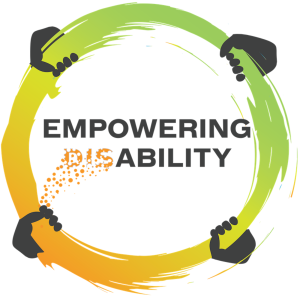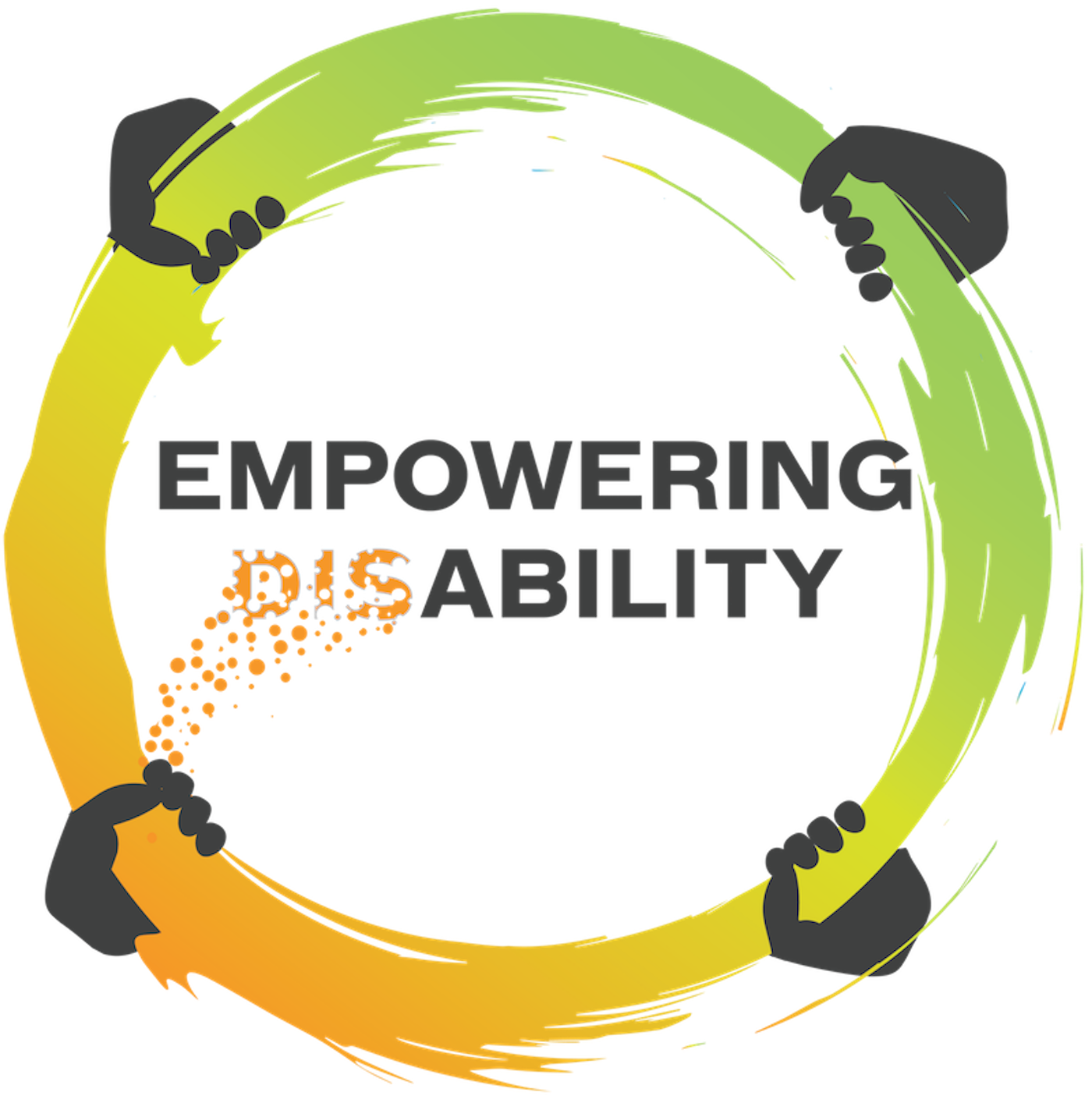Episodes

Thursday Jan 31, 2019
#056: How To Create The Good Life, with Genia Stephen
Thursday Jan 31, 2019
Thursday Jan 31, 2019
Here is the secret.... it is to start with developing valued roles. What is a valued role? A valued roles is the answer you give to the question 'What do you do?' when you meet someone new. [more on valued roles below] Guest Genia Sthphen also shares her story as a sibling, a mother to two sons, and how she has helped to create the good life for her son Will.
Professionally, Genia is a midwife to many, and an activist with a mission to band together with families to joyfully pursue the good things in life. She recently launched the Good Things in Life, which is an online community for young families who share a vision of the good life for their kids with disabilities.
You can listen to this conversation in its entirety by clicking play on the player below, OR by clicking one of the following links to listen on your favourite podcast player; iTunes, Spotify, and Google Play.
Growing Up With a Sibling that has a Developmental Disability (DD)
Genia is the 3rd of 4 daughters, and her younger sister Kate has a DD. Genia’s two older sisters are a fair amount older, and it was really just the two of them (Kate & Genia) when they were growing up.
Genia remembers going to appointments with Kate where they had Kate do silly things, like hold onto the pencil, and they would pull on it until she let it go. Kate didn’t care much for holding onto the pencil and as a result, was diagnosed with having poor muscle tone. But, Genia and Kate thought it was funny because Kate would drag Genia around the house on her back by her toes.
Genia recalls, “At 5 mom sat me down on her lap and told me that Kate had a disability. Mom was serious, it was an occasion, She explained Kate would learn more slowly than other kids. I responded by crying. I was trying to figure out what was expected in this situation, and it was clear to her that the appropriate response was to be sad.”
It was a big deal for Genia’s mom. She had never experienced someone with a disability, Her mom was terrified, intimidated, and overwhelmed. It was something worth crying about for her.
Genia’s mom reached out and started to connect with other parents and other people that knew more than she did. She surrounded herself with this community and exploded into a powerful advocate. She stopped delivering the information in a way that elicited sadness and started having really high expectations. She had connected with some people that had worked with Dr. Wolf Wolfensberger, who developed the social theory of Social Role Valorization (SRV).
Genia attended her first SRV workshop at 15. It taught her language, and how the world works for people that are devalued.
Key Insight: Connecting with other families is important. Not just getting connected, but who you get connected with. What are their beliefs and mindsets? How you deal with grief and fear is guided by your mindsets and fear for a person with a disability.
When Genia’s second son Will was born he was very very sick. Genia recalls, "we weren’t sure he was going to make it. They were telling the family that he would have significant disabilities." Genia’s response was “Well yeah yeah yeah, but is he going to make it, let's focus on what matters here. And he did [make it!].”
What is Social Role Valorization (SRV)?
GS: “SRV is the universal ways that people are devalued in society. Devalued people are not able to access the good things in life the way that valued people are. For example, devalued people do not have the same opportunities for personal growth, education, meaningful work, freely given relationships, pursuing their interests. People access the good things in life through the roles we play in society. It is also how we connect and understand each other. One of the first questions we ask someone is “what do you do?”. It helps us understand and relate to each other through roles.”
There is No Risk-Free Path
GS: “If your major fear is that someone is going to be hurt or rejected, and the way that you prevent that is by keeping people protected and isolated from the people that might hurt them, then that leads you down a vision that likely includes a lot of services and people paid to keep the person safe.
Alternatively, if your mindsets and beliefs are that safety for vulnerable people comes through relationships, this leads you down a path of life in the community.
There is no risk-free path.”
What Does The Good Life Look Like for Will?
Listen to the podcast to hear how Genia’s family has thought about the role of student for Will. Genia and her family thought through the things that were likely to increase people’s high expectation and positive image of Will in the role of student, starting from the age of 2!
GS: “Will is now 12, and we think about for his peer group what are the typical valued social roles that a person holds? And, what are the kinds of opportunities that those roles bring? Then we pursue those things.”
Want proof!?! Watch the video below.
Video: Will Enjoying The Good Things In Life
Key Insight: Look to what is typical for people that don’t have a disability at that stage of life and focus on the roles the individual could hold to create your vision. Additionally, the person supporting needs to understand the social role and also have the social currency to help them get there.
In this podcast, Genia and I also cover topics including raising the consciousness of devaluation in our society, the experience of being a mother with a child that has a disability, and what the experience of having a sibling with a disability.
Tweet-able Moments from the conversation with Genia Stephen:
"Devalued people are not able to access the good things in life the way that valued people are. For example, devalued people do not have the same opportunities for personal growth, education, meaningful work, freely given relationships, pursuing their interests."
"...if your mindsets and beliefs are that safety for vulnerable people comes through relationships, this leads you down a path of life in the community."
"Look to what is typical for people that don’t have a disability at that stage of life and focus on the roles the individual could hold to create your vision."
If you received value from reading this blog or listening to this podcast episode I encourage you to share it with someone else you feel would benefit.
The Empowering Ability Podcast and Blog are made possible entirely by you, the support of listeners and readers. Thank you for considering a contribution to this work with a subscription!
Love & Respect,
Eric Goll
Resources:
Will Social Media: Theadventuresofwill.ca
The Good Things in Life --> For Parents of young children with IDDs. Goodthingsinlife.org.
Contact Genia by email: Genia@goodthingsinlife.org
Creating Valued Roles with Janet Klees: Click Here
Too Busy to listen to the podcast now? Listen on the GO!
The Empowering Ability Podcast is available on iTunes and all other major podcast apps so that you can listen while on the go from your smartphone!


No comments yet. Be the first to say something!